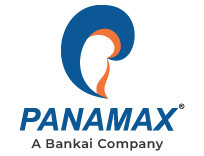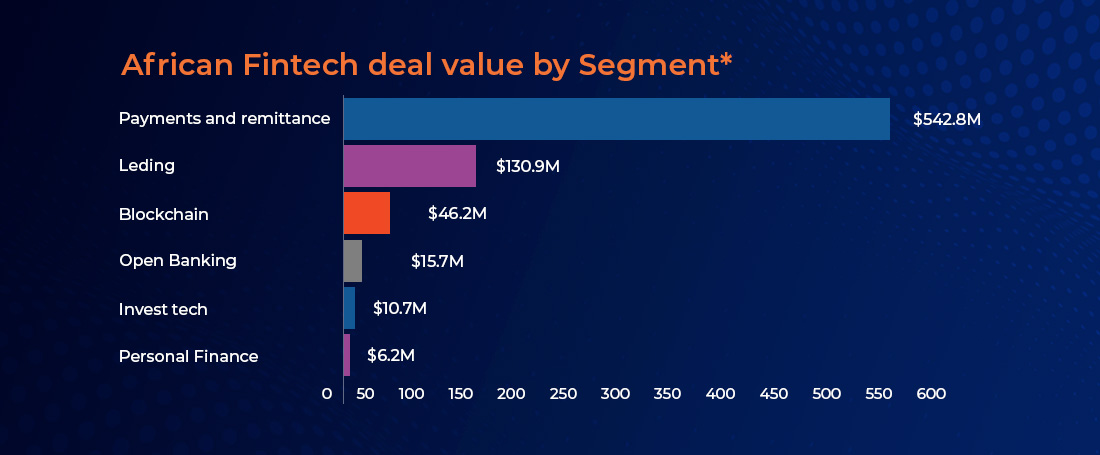The financial industry is a dynamic realm constantly changing with the involvement of technology. Also, technology has made it easier for fintech to expand its wings to countries regardless of their geographic differences. Countries such as the United States, China, Ireland, Sweden, etc., have been the front-runners in implementing digital financial solutions. However, there are regions in the African continent that were a bit slow to get off the mark but are now slowly picking up momentum.
Africa is making its move to become one of the leading Fintech markets in the world. Many indigenous mobile financial services are emerging from some of the world’s least-developed regions. 2021 was a breakthrough year for Africa. Research shows an investment of over $1.6 billion in critical markets such as Nigeria, Kenya, and South Africa, which was double, i.e., $800m in 2020.
Therefore, in this blog, we will have a detailed analysis of Africa’s growing fintech paradigm shift and the critical factors bringing about this change.
Factors Impacting Growth of Fintech in Africa
The quantum rise in fintech exposure and acceptance in the African market is mainly due to easy accessibility to the internet and technology. As of January 2022, countries such as Morocco (84.1%), Seychelles (79%), and Egypt (71.9%) have the highest share of internet users. This shows that with an increase in internet users, it is easier for governments and fintech organizations to spread awareness about the benefits of mobile financial services. Let us have a look at the crucial factors that are driving this change:
The Spread of Smartphones
Of course, the widespread use of smartphones across the continent is one of the significant factors influencing the adoption of fintech services. Thanks to them, users can now access mobile apps and tools because they are getting cheaper and more widespread.
Out of all the core fintech facilities used, foreign remittances into and out of the country continue to be significant components of the critical services of payments and transfers. Moreover, the habit that was hastened due to the emergence of the global pandemic has stayed with the people this time. Also, this change has made it easier for people to transition from physical to digital money.
Rapid Enhancement of Global Funding Resources
As mentioned, 2021 has been the year of mega deals for the African fintech market. According to Disrupt Africa's African Tech Funding Report 2021, the average deal size more than quadrupled from numbers for 2020 to $3.8 million in 2021.
The VC (Venture Capital) funds were mainly based out of Europe, the UK, and the US, but there was substantial investment from the APAC countries. For example, in 2021, Nigeria's OPay raised $400 million, most of which came from Asian investors.
The enhancement in foreign money flowing into the African market is also an awakening for local investors. Moreover, the future remains bright for the African fintech sectors as there is plenty of opportunity to grow.
A Dynamic, Evolving Market
The rapid emergence of fintech has created an exciting scenario and added new dynamics in Africa’s evolving market. Along with VCs from across the globe, several international organizations are looking to grow in Africa. For example, to promote financial inclusion and boost economic growth in Senegal and Côte d'Ivoire, the International Finance Corporation (IFC) announced in July 2022 that it would invest in mobile money service provider Wave Mobile.
In addition, Africa continues to be the region least affected by the venture capital (VC) retreat despite a global "fintech investment winter" in the first half of 2022. This is because of the opportunity presented by the expanding and developing African economy.
How Can African Fintech Reach its Full Potential?
Although there are several encouraging signs of rising of the African fintech market, there are three important conditions that should be met, they are:
- Most crucially, for smooth peer-to-peer transactions, mobile access, and internet connection need to be considerably improved.
- Big data and artificial intelligence are other crucial elements that need a lot of attention because they are crucial for the design and customization of financial products and services.
- To foster faith in banking, a variety of safe, secure, and economical depositing solutions must be made widely available.
- Fintech in Africa has a promising future and is anticipated to grow quickly, but there is a fundamental challenge: a lack of talent. To construct, maintain, and improve their services, fintech rely on their software developers and engineers, yet there are already severe shortages on the continent.
How Fintech Services from Panamax have Positively Impacted Africa?
As a leading digital financial solutions provider, Panamax has had impactful contributions over the years. For instance, A commercial bank from West Africa collaborated with Panamax to develop a specialized distribution leveraging the ground-breaking MobiFin Agency Banking system. Additionally, Panamax provided a Point of Sale.
To complete speedy financial transactions, portable (PoS) terminals and other services include bill payment, domestic remittances, bill onboarding, deposits, withdrawals, add-ons, and more.
Results:
Both the bank and its clients were very pleased with how easily the Panamax Agency Banking Solution integrated into the bank's infrastructure. The arrangement has encouraged financial inclusion throughout this West African nation.
Without having to spend money on a separate bank branch, the West African bank has successfully onboarded over 1000 customers utilizing the Panamax AMS solution. The bank intends to implement this approach in each country to actively market it soon.
Related Blogs
Accelerating Innovation in Africa through Regulatory Sandbox
What Lies Beyond the Cashless: 5 Digital Wallet Trends for 2023



















